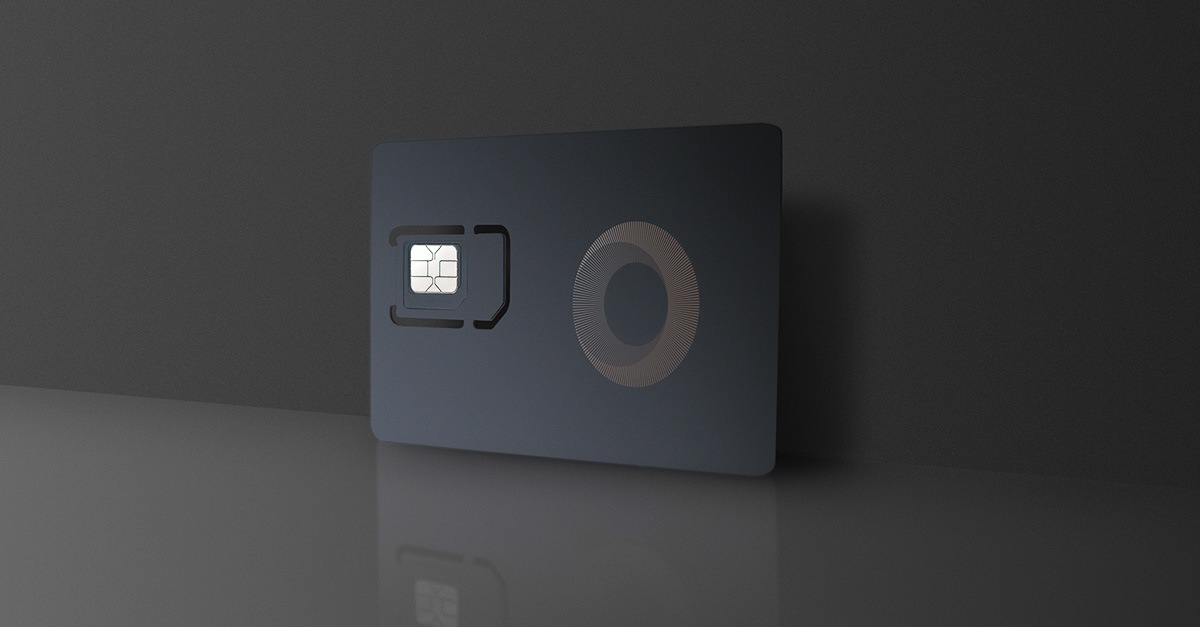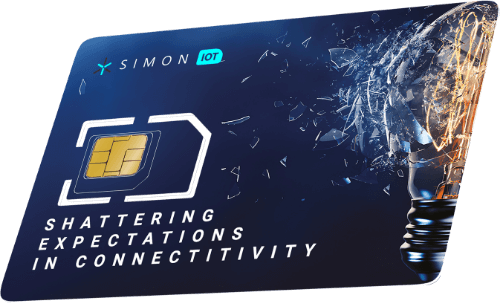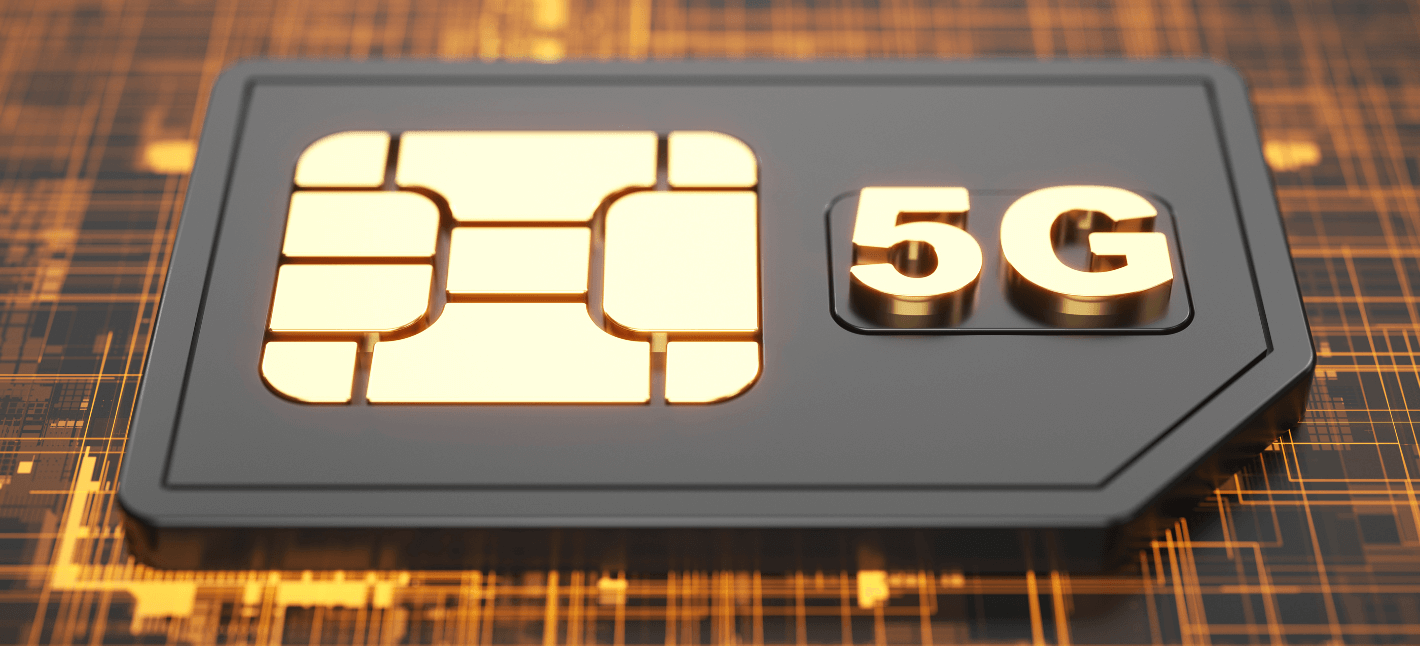Sim Card Iot IoT SIM cards
Sim Card Iot IoT SIM cards
Blog Article
Iot Sim Card India IoT Data SIM Card Plans Features

The integration of Internet of Things (IoT) technologies into varied sectors has remodeled how devices work together and communicate. Central to this transformation is the role of SIM playing cards in IoT connectivity. These small, invaluable components are essential in facilitating safe communication between units and networks, enabling seamless knowledge transfer and distant administration.
First, understanding the normal perform of SIM cards helps contextualize their significance in IoT. Originally developed for cell phones, SIM cards authenticate gadgets on a cellular network, providing a safe technique of identification verification. Beyond individual customers, this capability has expanded into the realm of IoT, where numerous gadgets now rely on this technology to attach and talk (Iot Global Sim Card).
Iot Sim Card Guide Built For Bigger Internet of Things SIM Cards
The variety of devices utilizing SIM playing cards in IoT is outstanding, ranging from smart meters and wearables to automotive systems and industrial machinery. Each of those applications presents unique challenges and necessities for connectivity. The presence of a SIM card in every gadget ensures that these numerous components can function successfully inside a bigger community infrastructure.

IoT applications typically require real-time knowledge trade, making a dependable connection important. SIM cards enable gadgets to attach on to cellular networks, offering not solely flexibility but also mobility. This is particularly advantageous for functions that require devices to function in remote or difficult environments, where traditional wired connections may not be possible.
What Are Iot Sim Card Global IoT SIM Card Multi-Network M2M
Increased safety is another critical advantage offered by SIM playing cards. In a world more and more fraught with cybersecurity threats, the ability to secure system communication by way of SIM-based authentication is invaluable. This means that knowledge despatched and acquired is protected against unauthorized entry, making it more durable for cybercriminals to intercept sensitive information.
Moreover, the deployment of eSIM know-how has additional enhanced the relevance of SIM cards in IoT connectivity. eSIMs, or embedded SIMs, allow for distant provisioning of cell community subscriptions. This supplies immense flexibility, enabling simpler management and updates of gadget networks without the necessity to bodily exchange SIM cards. This is particularly useful for large-scale IoT deployments, where managing numerous gadgets may be cumbersome.
The scalability supplied by SIM playing cards is another issue that fuels their significance in IoT functions. As companies broaden their IoT ecosystems, the power to connect extra units rapidly and effectively can considerably enhance operational agility. SIM playing cards set up a standardized methodology for connectivity that allows for more simple integration of latest devices into current networks.
Furthermore, as more industries embrace IoT technologies, the demand for reliable connectivity solutions continues to grow. SIM playing cards are actually increasingly engineered to meet the particular needs of assorted sectors. For example, in the agricultural sector, units equipped with SIM playing cards can present real-time knowledge on soil conditions and crop health, enabling farmers to make knowledgeable decisions that enhance yield.
M2m Iot Sim Card The Evolution of SIM Cards IoT Devices
Additionally, the logistics industry is witnessing a revolution driven by IoT, with SIM cards enjoying an important position in monitoring shipments and managing fleets. The ability to watch vehicle efficiency and site in actual time allows for more environment friendly routing and fuel administration, which interprets into significant value savings for companies.
The evolution of IoT technologies additionally brings with it the need for future-proof options. The position of SIM playing cards will doubtless continue to adapt, paving the way for enhanced performance and integration with upcoming technologies. As 5G networks roll out, SIM playing cards are set to offer even larger data transfer rates and lower latency, further enhancing the capabilities of IoT units.
M2m Iot Sim Card IoT SIM Cards Fair pricing reliability expert
One regarding side, nevertheless, is the potential for network fragmentation. With a quantity of cellular community operators (MNOs) deploying their proprietary solutions, making certain common connectivity can become difficult. In this panorama, interoperability turns into important to ensure gadgets can communicate throughout completely different networks, whatever the SIM card provider.
Transitioning to a next-generation IoT panorama entails considering the environmental impacts of quite a check it out few IoT units. As extra gadgets connect by way of SIM cards, producers must concentrate on energy effectivity and sustainable practices to attenuate the ecological footprint related to elevated connectivity. Employing energy-efficient technologies can mitigate the risks of overwhelming energy calls for on our energy grids.
Iot Sim copyright IoT SIM
The resilience offered by SIM playing cards is a notable factor in IoT deployments, notably relating to operational continuity. In the occasion of network disruptions or failures, devices can switch between available networks to maintain connectivity. This functionality ensures that crucial operations aren't halted, significantly in sectors corresponding to healthcare and emergency providers the place communication is paramount.
The use of SIM cards in IoT connectivity also opens up huge alternatives for information analytics and insights. By collecting knowledge from connected gadgets, organizations can harness real-time information for decision-making. This may vary from routine maintenance alerts to predictive analysis that anticipates system failures, ultimately resulting in enhanced operational effectivity.
As the digital panorama evolves, the regulatory environment surrounding IoT and SIM card utilization will likely undergo changes as nicely. Policymakers want to make certain that the fast innovation in IoT technologies continues to profit users whereas additionally safeguarding towards potential abuses and vulnerabilities. Striking this stability calls for continuous dialogue between stakeholders, together with government agencies, cell community operators, and expertise developers.
The future of IoT connectivity will undeniably hinge on continued enhancements in SIM card expertise. As demand grows and new purposes are developed, SIM cards will evolve to fulfill these wants efficiently. From elevated safety features to supporting rising technologies, their role will stay foundational to connecting a myriad of gadgets across a number of sectors.
Sim Card For Iot SIM Cards for IoT

In summary, the role of SIM playing cards in IoT connectivity is characterized by their capabilities to supply safe, flexible, and scalable solutions that facilitate communication across a spread of units. As industries innovate and adopt IoT technologies, SIM playing cards will stay integral to ensuring reliable and environment friendly connectivity. The continued evolution of this know-how will pave the best way for extra superior IoT purposes, transforming the panorama of interconnected units. As we glance forward, the impact of SIM playing cards on IoT connectivity shall be pivotal in shaping the means forward for communication expertise.
- SIM cards allow seamless secure connections between IoT gadgets and cellular networks, making certain reliable knowledge transmission.
- They play an important role in gadget authentication, preventing unauthorized entry and maintaining knowledge integrity across linked systems.
- By supporting multiple network technologies (2G, 3G, 4G, and 5G), SIM playing cards offer flexibility in IoT deployments, catering to varied application needs.
- IoT SIM playing cards can be designed for particular geographical regions, optimizing connectivity and efficiency in several environments.
- Remote administration capabilities of SIM cards enable for over-the-air updates and diagnostics, enhancing operational effectivity.
- Many IoT SIM solutions assist eSIM expertise, which allows for programmable connectivity, enabling gadgets to switch networks without bodily SIM replacement.
- SIM cards facilitate international attain by allowing units to connect with a quantity of networks, essential for purposes like asset monitoring and fleet management.
- They allow cost-effective solutions for IoT by allowing subscription fashions tailor-made to data utilization and operational requirements.
- Industry-specific SIM cards can supply extra options such as enhanced security protocols and higher efficiency in demanding situations.
- The integration of SIM cards in IoT devices accelerates the adoption of smart technologies across numerous sectors, driving innovation and efficiency.undefinedWhat is the function of SIM playing cards in IoT connectivity?undefinedSIM cards are essential for IoT units as they supply them with a singular identification on cell networks, enabling safe communication and information transmission. They be sure that gadgets can connect to the internet, send and obtain information, and authenticate their presence within the community.
How do SIM cards help security in IoT devices?undefinedSIM playing cards enhance security via encryption and authentication mechanisms. They retailer distinctive identifiers and cryptographic keys, guaranteeing that solely licensed devices can connect to the network, thus defending sensitive data from unauthorized access.
Iot Device With Sim Card IoT SIM Card API global connectivity
Are there several types of SIM cards for IoT applications?undefinedYes, there are various kinds of SIM cards for IoT, similar to M2M SIM, eSIM, and iSIM. M2M SIM playing cards are designed for machine-to-machine communication, while eSIMs and iSIMs offer more flexibility and remote provisioning capabilities that are good for large-scale IoT deployments.
Can IoT units function without SIM cards?undefinedWhile some IoT gadgets can connect via Wi-Fi or other local networks, many require SIM cards to entry cellular networks, particularly in distant areas the place Wi-Fi is unreliable. SIM playing cards allow these devices to maintain up connectivity with out relying on fastened infrastructure.
How does a SIM card influence the price of IoT connectivity?undefinedThe price you can try these out of IoT connectivity is influenced by the kind of SIM card used, data plans, and service providers. IoT solutions with SIM playing cards typically incur monthly fees for data usage. Choosing the proper plan may help handle costs effectively.
What challenges are associated with using SIM playing cards in IoT?undefinedChallenges embrace managing deployments at scale, making certain secure knowledge transmission, and dealing with SIM card logistics. Additionally, issues such as connectivity drops and coverage limitations can influence the performance of IoT applications.
What Are Iot Sim Card IoT SIM Card
How do I select the best SIM card for my IoT project?undefinedSelecting the right SIM card includes evaluating the connectivity needs, knowledge usage requirements, protection area, and compatibility with the IoT system. Consulting with service providers can help in making an knowledgeable choice tailored to the specific utility.

What occurs if the SIM card in an IoT system fails?undefinedIf a SIM card fails, the IoT device will lose its capability to communicate over the network. Recovery often involves changing the SIM card or troubleshooting the system to restore connectivity, depending on the cause for the failure.
Can I remotely manage SIM playing cards in my IoT devices?undefinedYes, many service suppliers supply distant administration solutions for SIM cards, permitting customers to watch performance, activate or deactivate SIMs, and manage information plans effectively throughout numerous devices in real-time.
Global Sim Card Iot IoT SIM card Affordable global connectivity
How do eSIMs change the landscape of IoT connectivity?undefinedeSIMs allow for remote provisioning and administration, eliminating the necessity for physical SIM card swaps. This flexibility streamlines deployments, reduces logistics costs, and enhances the scalability of IoT options, making them more adaptable to evolving needs (Nb-Iot Sim Card).
Report this page